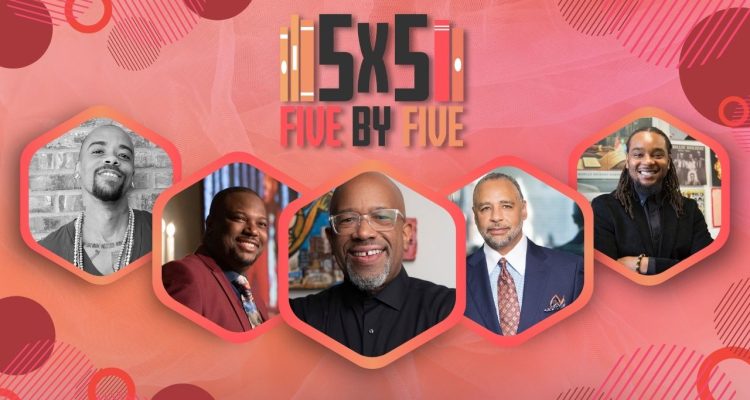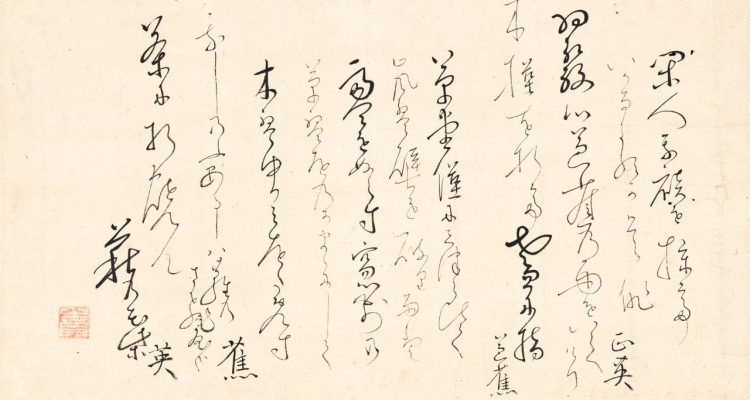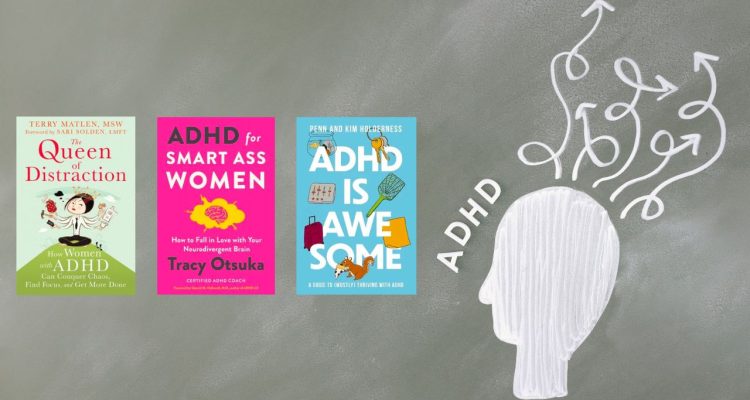At this point, we all know what dark academia looks like, don’t we? We’ve seen the photoshopped-photos on Pinterest of white boys in starched dress shirts under wool jackets on manicured lawns. We’ve seen the Youtube study mixes of Bach and Beethoven under a symphony of falling rain. And if you’ve walked into a Barnes and Noble (or even your local bookstore) within the last few months, there’s no shortage of dark academia on the shelves: between Olivie Blake’s The Atlas Paradox, R.F. Kuang’s Babel, or the Necessity of Violence and, most recently, Leigh Bardugo’s Hell Bent alone!
Dark academia is a sub-genre that has pulled everyone into its tide of intrigue and secrets and Ivy League glamour, but there is so much more to it than meets the eye. Today, let’s look into this intriguing genre a little more closely together.
The Allure of Dark Academia
Let’s face it, there’s something very seductive and alluring about dark academia. For many of us, it’s the unfamiliarity of the setting and the conventions of the stories––the cloak and dagger of the secret societies usually involved can be very intriguing! It’s no wonder that so many of us have felt drawn in by all of that.
Dark academia is especially interesting because it often goes hand in hand with the wealth and austereness of the richer population. When we read dark academia, we get to live that lifestyle vicariously.

Privilege and Power
And with that lifestyle come specific privileges––things that the upper class can get away with and not face consequences for. The definition of privilege is a special right or advantage that only a particular group gets access to. Often, privilege is something unearned: a product of random luck like being born to a powerful family. In the realm of dark academia, that also often means being born white.
That is what I mean when I say so much of the genre is written off. Dark academia allows us to question the lack of equity in academic institutions. Race, class and gender often play a huge part in who is on top, and who gets trampled over.
Accessibility in Academia
One of the biggest critiques I myself have about the state of academia is its overall lack of accessibility for the disabled, the mentally ill and those too poor to afford the same levels of education as people who are better off. Unfortunately, the intersections of these identities make it incredibly difficult to pursue an education that allows for the same opportunities as the ‘elite’ upper class. What does that mean, you might ask? Simply put: Ivy Leagues are not accessible.
I don’t mean in the literal sense, but rather in their open-ness to the ‘other’. Poor people, in particular, don’t stand a chance. The deck is very often stacked against them. Even if some student out there wishes to try their shot at a scholarship, they have to work four times as hard to make up for the privileges of tutors, connections, etc. that someone born into such a life would have at their disposal. As a result, the message people get is: if you can’t afford to be here, then you don’t deserve to be.

Academia––the kind you might find in Ninth House or Donna Tartt’s The Secret History––is not for everyone; and it is fully crafted to be that way.
Impacts on Society
But, that’s why looking at dark academia through a critical lens is so important. That is why seeing it as more than just fancy, enticing aesthetics and instead really thinking about it is so very critical! When these celebrated authors write novels set at Yale, Harvard, etc. they are often trying to say something about the life and culture and viewpoints of those institutions. What are they built on? What do they stand for? What is the history?
America is a country built on bloodshed, racism and theft of land. These hallowed and timeless institutions we revere need to, as a result, be held accountable for the lifestyles and cultures they represent. And to clarify, of course, not all of it is bad––but to see the good, we often have to gather the courage to look the bad in the eye. That is exactly what novels of the genre aim to inspire us to do.
I think we all understand how enticing the genre is. So next time you pick up a dark academia novel, remember to look at more than just its cover and its aesthetics. We’re sure you can find so much more to take from it!
To read more about dark academia, click here.















